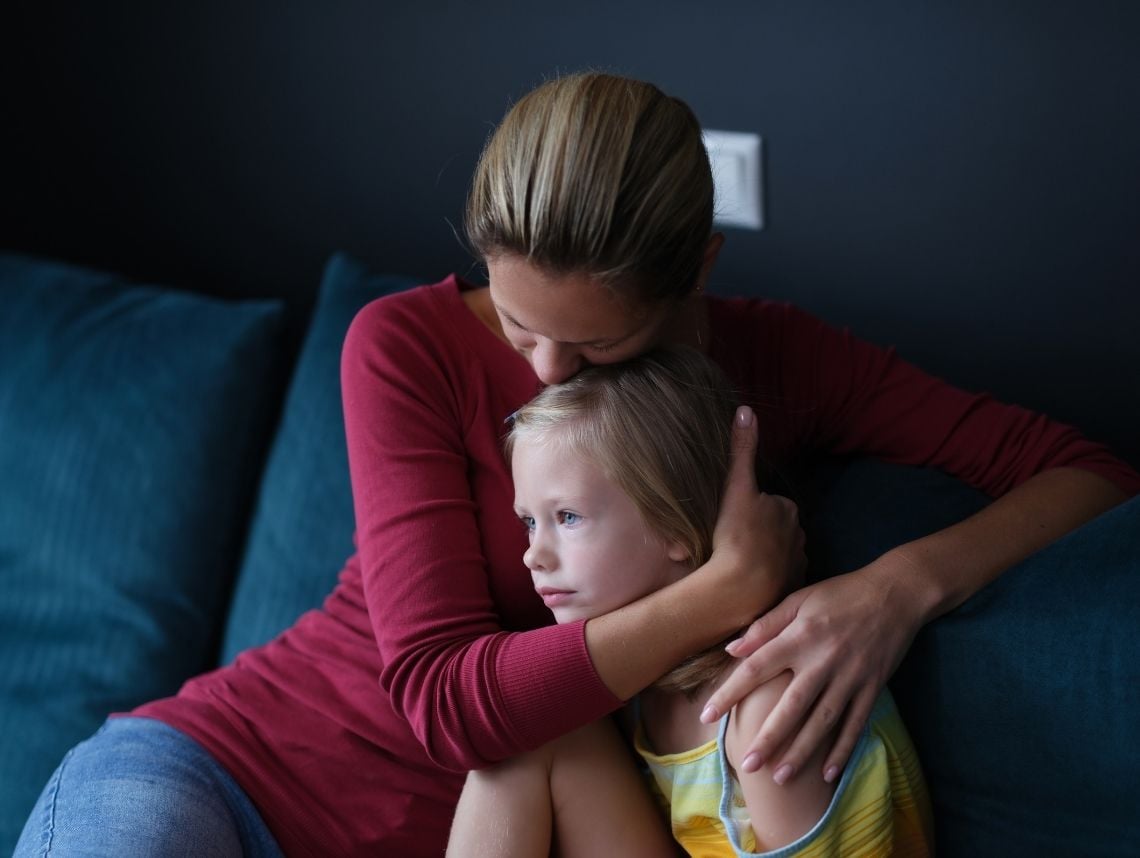
Myoclonic seizures are some of the easiest to miss. The quick, jerking movements that characterize these types of seizures may even be mistaken for a simple tic or uncoordinated movement. Although they can be hard to identify, these episodes can represent a serious underlying condition and require focused treatment and care.
Whether your child has been diagnosed with a disorder that causes myoclonic seizures or you are researching potential causes for unexplained seizure-like episodes, the following guide can help. This overview of myoclonic seizures, including the signs, symptoms, causes, treatment, and care options is designed to help you be more engaged with your child’s health.
Educating yourself can help you work closely with doctors and other professionals in the care continuum as you seek the best possible outcomes for your family.
What is a Myoclonic Seizure?
Like other types of seizures, myoclonic seizures are caused by disrupted electrical signals in the brain. When this happens, it can cause problems with sensory, cognitive, and motor function.
The term myoclonic is rooted in “myo,” meaning muscle, and “clonus,” which is basically a state of rapid contraction and relaxation, or twitching. So during a myoclonic seizure, muscles will twitch or spasm rapidly and then stop.
Myoclonic seizures are usually extremely brief, lasting as little as a second or two. Although they are less severe than other types of seizures, some may experience myoclonic seizures along with other types. Some children who experience myoclonic seizures may develop more pronounced seizures later in life.
Signs & Symptoms of Myoclonic Seizures
Compared to other seizure types, myoclonic seizures do not have the same warning signs and often come and go quickly. Common locations for the twitching or tremors to occur are the head, neck, shoulders, and arms, although they can affect the lower body as well. Although they are often mistaken for tics or even clumsiness, the most telltale signs of myoclonic seizures are:
- Rapid and uncontrolled muscle jerking
- Rhythmic, spasmodic movements
- Clumsy or uncoordinated movement
Children experiencing a myoclonic seizure will typically not lose awareness and will return to normal immediately after the event. First aid is generally not needed, and the risk of falling, head injury, or other self-harm is relatively low. Myoclonic seizures can occur one at a time, or in clusters.
Myoclonic Seizures Causes
Epilepsy is one of the most common underlying causes of myoclonic seizures, and in these cases, children are likely to experience myoclonic seizures in conjunction with other types. Other specific seizure disorders linked to myoclonic seizures include myoclonic epilepsy, Lennox-Gastaut syndrome, and a very rare condition known as progressive myoclonic epilepsy.
The cause of these disorders is not fully understood, with genetics, congenital brain defects, and head injuries all being potential contributors. Other causes of seizures can potentially include oxygen deprivation, brain tumors, and brain infections.
If your child is experiencing any new type of seizure, it is important to receive an immediate diagnosis to receive proper treatment and try to determine the underlying cause.
Diagnosing Myoclonic Seizures
Like other forms of seizures, doctors will generally follow these steps to diagnose myoclonic seizures:
- Carefully review medical history, including family medical history
- Ask questions about the seizures, including when and how they are most likely to occur
- Perform a physical examination, including movement tests
- Order diagnostic testing, particularly magnetic resonance imagery (MRI) and electroencephalograms (EEG) to detect characteristic brain patterns or to rule out other causes
Myoclonic Seizures Treatment Options
Myoclonic seizures are very manageable, but due to the highly variable nature of seizure types and frequency, treatment will generally vary from patient to patient. In most cases, doctors will prescribe anti-seizure medication, especially anticonvulsants. Other common treatments include nerve stimulation, dietary modifications, and ensuring children get enough sleep and have a stress-free environment.
Counseling can also help children successfully manage any behavioral, emotional, or developmental concerns that may be related to myoclonic seizures and related conditions.
Caring for a Child with Myoclonic Seizures
Depending on the extent of the seizures, many children dealing with myoclonic seizures also have unique care needs. For a large number of families, pediatric home health services play a key role in meeting the needs of their little ones. Services for children who experience seizures can include managing medications and dosages, nutritional support, providing a safe, supervised environment, and accompanying children to appointments with doctors or other specialists as needed.
Contact Care Options for Kids for Home Health Care
It can be hard to balance your time between work, home, and caring for a child. That’s why our team of professionals at Care Options for Kids is here to help. We have been enforcing precautionary measures and following the Centers For Disease Control (CDC) guidelines for COVID-19 to ensure the safety and health of our clients and employees.
Our home health care services offer support in the comfort of your home. We refer loving and competent nurses to provide customized care for families — from a few hours a day to around-the-clock supervision. Contact us directly to speak with a home health care professional or request a free in-home assessment. Together we can determine the best plan of action to keep your loved ones happy and healthy.
If you or a loved one are considering pediatric home health care services, contact the caring staff at Care Options for Kids. Call today at (888) 592-5855.
